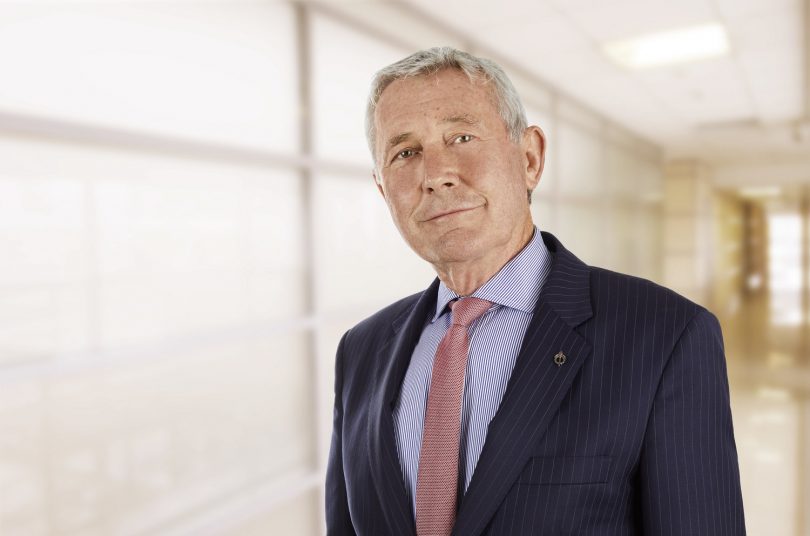
Barrister Bernard Collaery, who was the lawyer for Witness K. Photo: Collaery + Partners.
The announcement on whether or not parts of Bernard Collaery’s recent appeal will be withheld from the public has been delayed due to a “rather unusual” application by the federal government.
Mr Collaery was the lawyer for Witness K, who blew the whistle in 2012 about Australian intelligence services bugging the Timor-Leste cabinet room during 2004 discussions over the Timor gas treaty.
On Friday (5 November), the ACT Court of Appeal’s Chief Justice Helen Murrell said she was due to hand down her decision on Attorney General Michaelia Cash’s application to vary some of her reasons on the appeal.
The Court of Appeal’s earlier decision was a win for Mr Collaery and had emphasised the importance of open justice in his upcoming trial.
But Justice Murrell said Ms Cash wanted to delay publication of the decision and sought 28 days to consider whether she wanted to seek special leave to appeal the issue of proposed redactions in the decision to the High Court.
It seemed “rather unusual” in the circumstances, Justice Murrell said, but it was the Attorney General’s statutory entitlement.
She expected the Attorney-General’s Department would bring “all its resources to bear” to decide on whether or not it would proceed with a special application to appeal.
Dr Christopher Ward SC, appearing for Mr Collaery, encouraged the Attorney-General to accept Justice Murrell’s reasons on the process.
Justice Murrell also said she had received an email from the Australian Government Solicitors Office about an interim version of her judgement being published, but she was adamant that would not happen.
The issue at the focus of the appeal began back in June 2020 when the ACT Supreme Court’s Justice David Mossop made orders under the National Security Information Act that would have meant parts of Mr Collaery’s trial would be held in secret.
In October, Mr Collaery won a victory against this order when the ACT Court of Appeal’s three justices ruled against some of it. The judgment noted, “there was a very real risk of damage to public confidence in the administration of justice if the evidence could not be publicly disclosed”.
But in the Court of Appeal on Tuesday (2 November), the open courtroom briefly heard arguments on why parts of the court’s recent judgment should be redacted.
Representing the Attorney-General, Anna Mitchelmore SC said the redactions should be made because the case was ongoing and had to go back to Justice Mossop so he could rule on whether or not there should be court-only evidence in the upcoming trial.
Speaking after the delay to the case on Friday, Human Rights Law Centre’s senior lawyer Kieran Pender said the Court of Appeal had warned that secret trials undermine public confidence in the court system and enable political prosecutions.
“Yet the Attorney-General’s efforts to shroud this unjust prosecution in secrecy continue,” he said.
“The Attorney-General should be introducing long-overdue reform to the Public Interest Disclosure Act so that whistleblowers are protected, not punished, rather than pursuing more secrecy in this case.”
Witness K was sentenced earlier this year. Mr Collaery is fighting charges alleging he breached the Intelligence Services Act by providing information from the Australian Secret Intelligence Service (ASIS) to ABC journalists and that he conspired with his former client to give such information to the Timor-Leste Government.












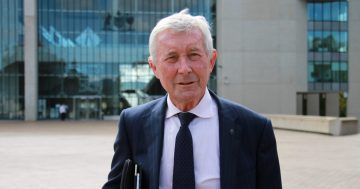
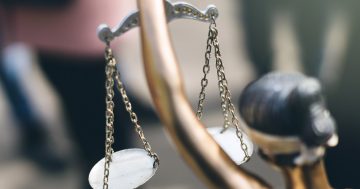
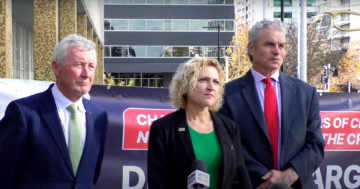
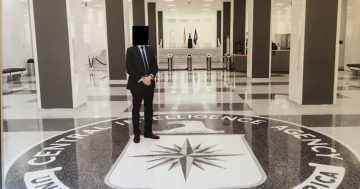

Saw one these in the flesh and thought it was the ugliest thing since the suzuki Ignis. What were… View